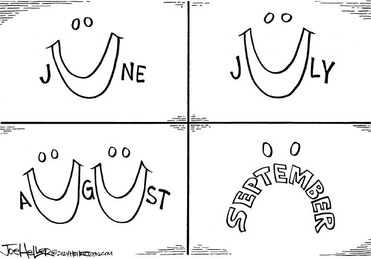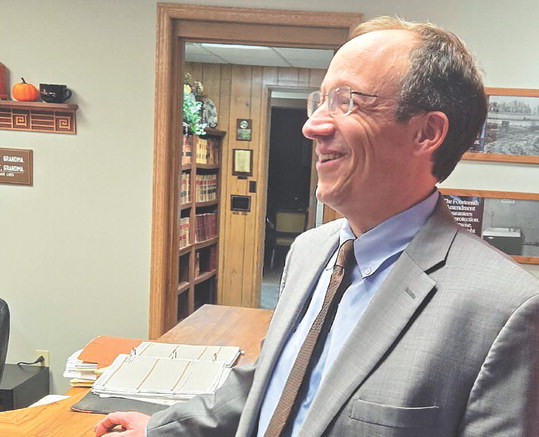Budgets need to focus on the future
It is budget season in Wisconsin.
At the most basic level, annual budgets are a listing of the projected expenses and revenues for an organization. However, they are much more than that and can be tools for a community’s growth or, with shortsighted cuts or misplaced priorities, lead to its slow decay.
Every organization, from local service clubs to town boards to villages, cities, counties and school districts, sets budgets. The common feature of all of them is that the end goal is to have income equal the expenses and be balanced.
Beyond that, budgets also serve to lay the foundation for an organization and community’s future. Through the choices made during the budget process, elected officials set a roadmap for their constituency, prioritizing some areas over others.
Budgets are inherently foundational documents in that they deal with the core priorities of communities, as well as covering what is mandated. As any builder will tell you, when it comes to having a lasting, quality structure you need a firm and stable foundation at its base.
The same is true when it comes to municipal budgets. Good budgeting looks beyond the needs of the current year to the needs of the future. An example of this is in vehicle replacement schedules. While it is tempting to push the purchase of a replacement truck, squad car or other piece of equipment out a year or two in order to lessen the budget impact, this comes with a cost of increasing the potential for downtime due to repairs or could impact trade-in or resale value in the future.
Likewise, road and other public works projects are among those big ticket items that routinely get eyed as ways to trim expenses. While it may be unrealistic to accomplish all that is on the highway department’s wish list, it is easier and cheaper to maintain the investment than it is to let the roads decay to the point where any repair would require starting completely over at a much higher cost.
As with anything, there is a cost when it comes to anything in the budget and the reality is that there is only so much money to go around. Money spent boosting wages to be more competitive in hiring and retaining workers is money that cannot be spent on equipment replacement or road building.
At the same time, there are voices that call for cuts to any spending with the stated belief that the primary goal should be to reduce the tax burden for residents, industry and business. The challenge is in how to make cuts without chipping away at the foundation.
Elected officials would do well to follow the lessons of sculptors, keeping what is needed and cutting away the waste to leave behind something which endures and inspires.
A balanced budget not only looks at revenues and expenses, but also takes into account the hopes and visions of a community and what it will take to accomplish those goals.





